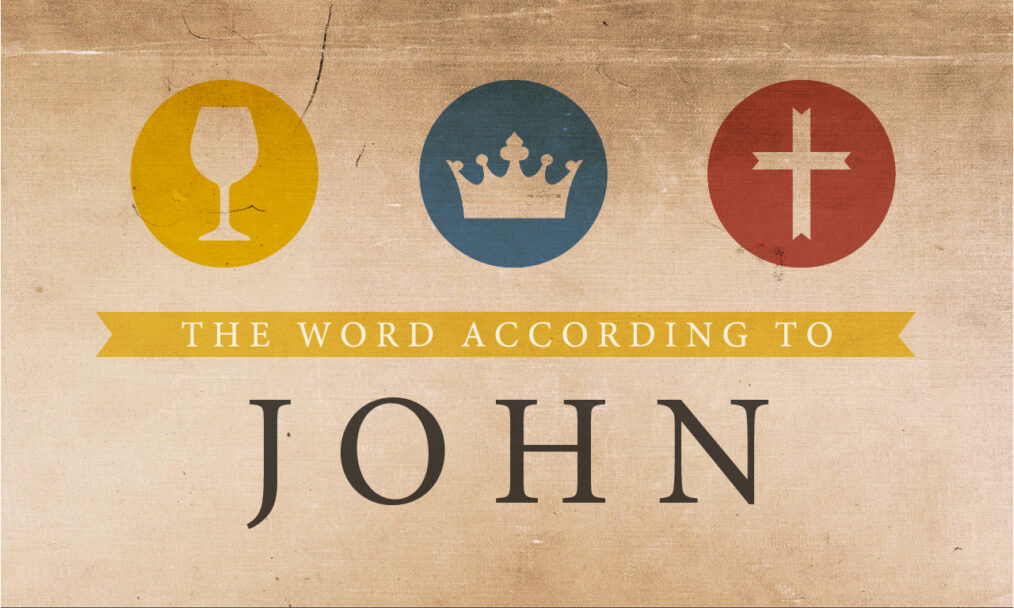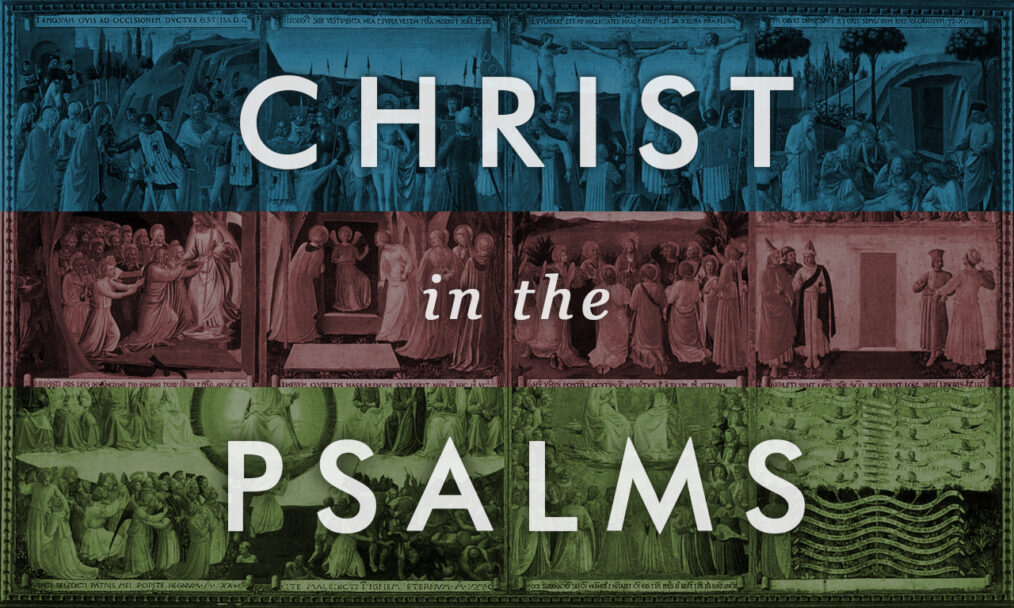Podcast: Play in new window | Download
Podcast: Play in new window | Download
Podcast: Play in new window | Download
There are few moments that provide as much joy to me as those spent in the cool of the evening in Denver, sitting on our back patio watching our children run around the backyard. Carson’s laughter mixed with Hays’ ever-evolving instructions and Molly’s whimsical dismissal of those instructions all mix together into a sort of casserole of joy. Jen sitting beside me, usually reading and wearing her over-sized sunglasses. Our dog Stout running circles around the kids, jumping straight into the air and barking in an attempt to turn their attention away from whatever game they happen to be playing. I love the way that the twins have concocted the go to game (called: Carson’s It) so that they, by definition are never ‘it’.) I love the way Carson loves being ‘it’. Inevitably in the middle of these moments a melancholy thought enters my mind fleetingly: What if this is all taken from me in an instant? What if tragedy struck and it was all gone? Now these thoughts are generally chased away with the next outburst of laughter or by simply turning my attention to the greenness of the grass or the whispiness of the clouds- but the subconscious fear slips to the surface in those moments and strikes a disparate chord into the midst of an otherwise beautiful scene. Every so often I will awaken in the morning kind of sulky. Jen will poke fun at my moping. The sulkiness generally follows a dream about some sort of tragedy in our family. Jen will poke me, laugh at me. But even the thought of losing this family is devastating.
I fear most the loss of what I most love. The gift of my family is a thing I love almost as much as any other gift God has given me. The fear of losing it, could be crippling. The fear’s power to cripple lay precisely in how much I love, how much delight my family brings me. This remarkable connection between fear and delight is what the meaning of Psalm 27 hinges upon.
David describes absolutely devastating circumstances throughout the Psalm. He is surrounded by enemies, by evil men who are seeking to devour him. They do not simply want to kill him, they want his very life to be unraveled and destroyed. His parents (and with them, everyone else) have abandoned and rejected him. What is David’s response to such devastating threats and circumstances?
“My heart will not fear.”
Where does such confidence come from? It comes from a reordered set of desires. In verse 4 David says: “One thing have I asked from the Lord, that will I seek after: that I may dwell in the house of the Lord all the days of my life, to gaze upon the beauty of the Lord and to inquire in his temple.” He goes on to describe a kind of assuring nearness of God in the midst of these harrowing circumstances- but one of the key things to notice is that they are in the midst of (rather than out of) these circumstances. David has bent his life on seeking 1 thing:
To see God.
Now it isn’t as though the things being threatened are bad things. Living is a good thing. Family is a good thing. Not having an unraveled life is a good thing. These are good gifts. Certainly they are gifts that speak greatly of God’s goodness and beauty. But David sees all of life (including family and life and his crown) as having one great & good end: His greatest good is to see the beauty of God. A beautiful moment happens in the Psalm when David, after describing the one thing he desires in the midst of his circumstances, says that he will lift his head in the midst of his enemies. In other words, his particular circumstances have not necessarily changed- but he is confident that he will live with God forever. While everything else might be taken from him, this, he is sure, will not be taken from him. He will see God. Even if everyone else forsakes him, God will not. This assurance of the covenant faithfulness of God, combined with David’s desire to see the covenant faithfulness of God destroys fear. These armies may destroy nearly everything David loves, but they cannot take this deepest longing away from him. Fear is disarmed.
This way of ordering our fears and our desires raises a very important question with regards to how we relate to God. If our deepest desires are something that sickness or armies or abandonment by mother or father can take from us rather than God’s covenant presence and beauty, then God exists to serve those ends. If our greatest delight is God himself, then we can enjoy those good things as gifts from Him. If family or crown or wealth or health is our greatest good, then we will inevitably view God as merely useful. If they are taken from us, then what good is God to us? In this ordering of things, His worth lay in his willingness to give us what we truly want. But if his covenant presence and his beauty are our greatest good, then those gifts will be gifts. If they are taken from us, we still have our greatest desire- namely the beauty of God.
Jonathan Edwards, in discerning what was occurring during the first Great Awakening, said that the great division between those who simply professed to be Christians and those who were actually Christians lay in how they answered this question: Do you love God because you find Him useful or because you desire Him as beautiful?
Green Pastures and quiet waters and Irish hills all come to mind when I think of Psalm 23. But the reality of this little, oft-quoted gem is far from peaceful, European pastoral scenes. The text juxtaposes images that seem dissonant but have to be held together if we’re going to rightfully understand this text. The first is a shepherd leading a flock of sheep somewhere- somewhere that will be like green pastures and quiet waters, somewhere in which my soul will be restored. The second is the valley of death and surrounded by my enemies (who presumably want me dead). In the world of this Psalmist, these aren’t two different worlds. They are one and the same. Our Shepherd leads us into the most difficult and painful of circumstances AND our Shepherd has promised to bring life to our souls.My mother’s bible has the difficult observation written in its margins: “He often leads us where we do not wish to go.” My mother understood this juxtaposition better than most. She endured a great deal of pain as she watched my Father slowly die. He died well, loving his God, loving his family. But he died young and painfully. My mom leaned heavily into this Shepherd God. She found comfort in the promise that this Shepherd God who led her and her sick husband precisely into this valley surrounded by these devastating enemies, was with her, her son, and her dying husband. And while there were tears, there was also incredible joy. Profound joy. I remember the laughter far more than I remember the tears.
Psalm 23 isn’t about Ireland and Coffeemugs and really kitschy art. It is about the profound promise of God. He is our Shepherd. He leads us. He often will lead us where we do not want to go. But it is a journey leading to one glorious destination: the restoration of our souls and the joy of His presence forever.
Jesus was led by this shepherd into a dark valley- the valley of death. He suffered there. He died there. He died there, in our place, and one glorious result of that death is that we can suffer with hope. We will not die here. Our God has become our Shepherd. He leads us to green pastures. He leads us along quiet waters. He will restore our soul.

